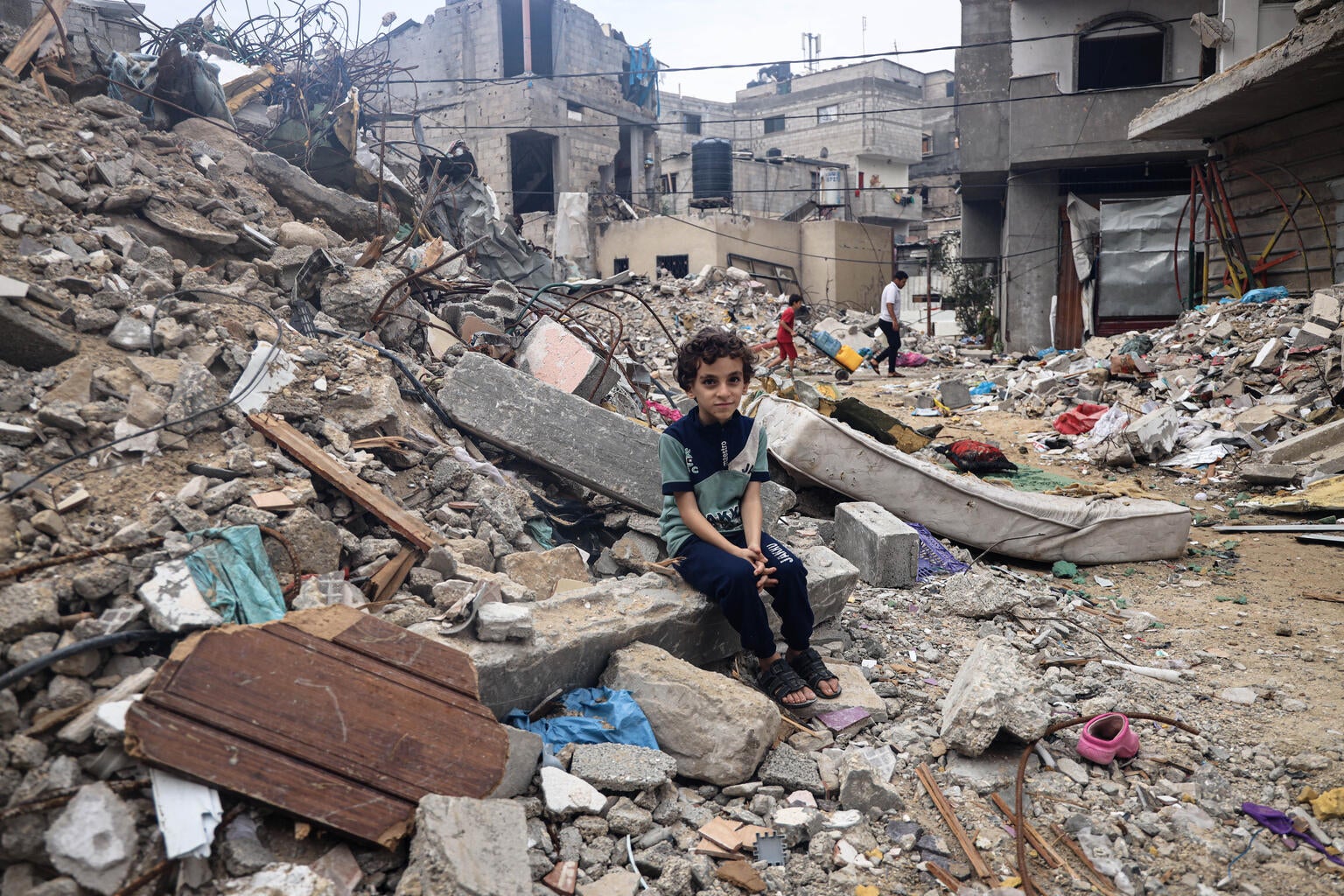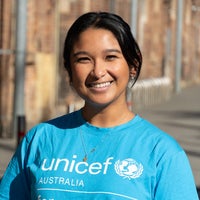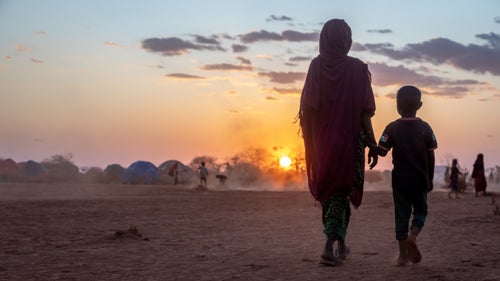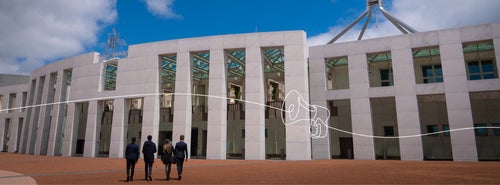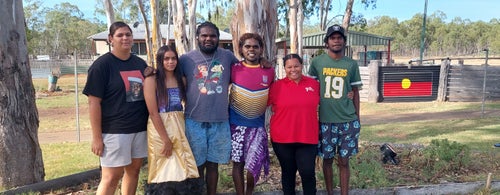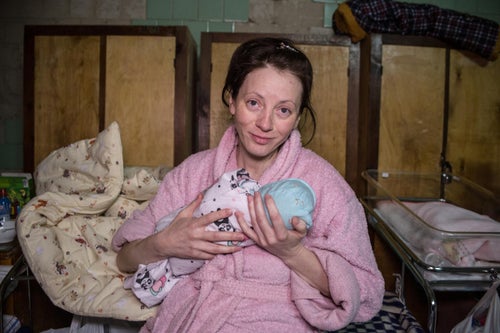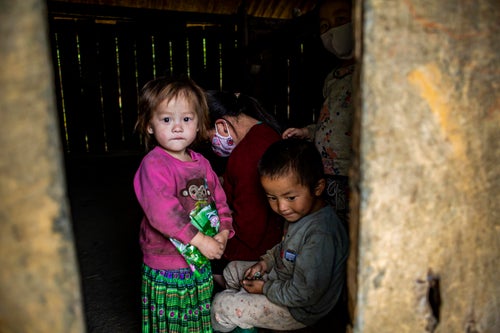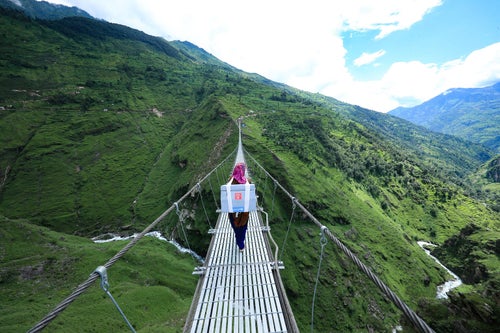For nearly two months, the world has continued to watch in heartbreak as the situation in Gaza tragically unfolds, with children bearing the brunt of a crisis beyond their control.
Almost every child in the Gaza Strip has been exposed to deeply distressing events and trauma, marked by widespread destruction, relentless attacks, displacement, and severe shortages of essential necessities such as food, water, and medicine. The number of children also killed in this conflict has now exceeded the total number of children killed due to conflicts globally last year. This is a devastating milestone.
Despite the recent ceasefire, fear for families and children across Gaza, as well as their urgent need for support remains unchanged.
UNICEF’s immediate priority is to ensure that those impacted by the conflict receive the support they need. Since the conflict escalated in early October, 100 UNICEF trucks have entered the Gaza Strip with limited but crucial supplies, including water, medical supplies and hygiene kits.
However, the situation for humanitarian workers remains dire, with many continually being told to leave Gaza city with fears for their safety. With many of our UNICEF team on the ground being Palestinian nationals, they are committed to stay and deliver for children who are losing everything. As UNICEF staff continue to respond to the critical needs of children across the Gaza Strip, access is becoming increasingly complex and dangerous.
Three of our incredible colleagues tell us what they're seeing in voice recordings from the ground:
Rawan, UNICEF
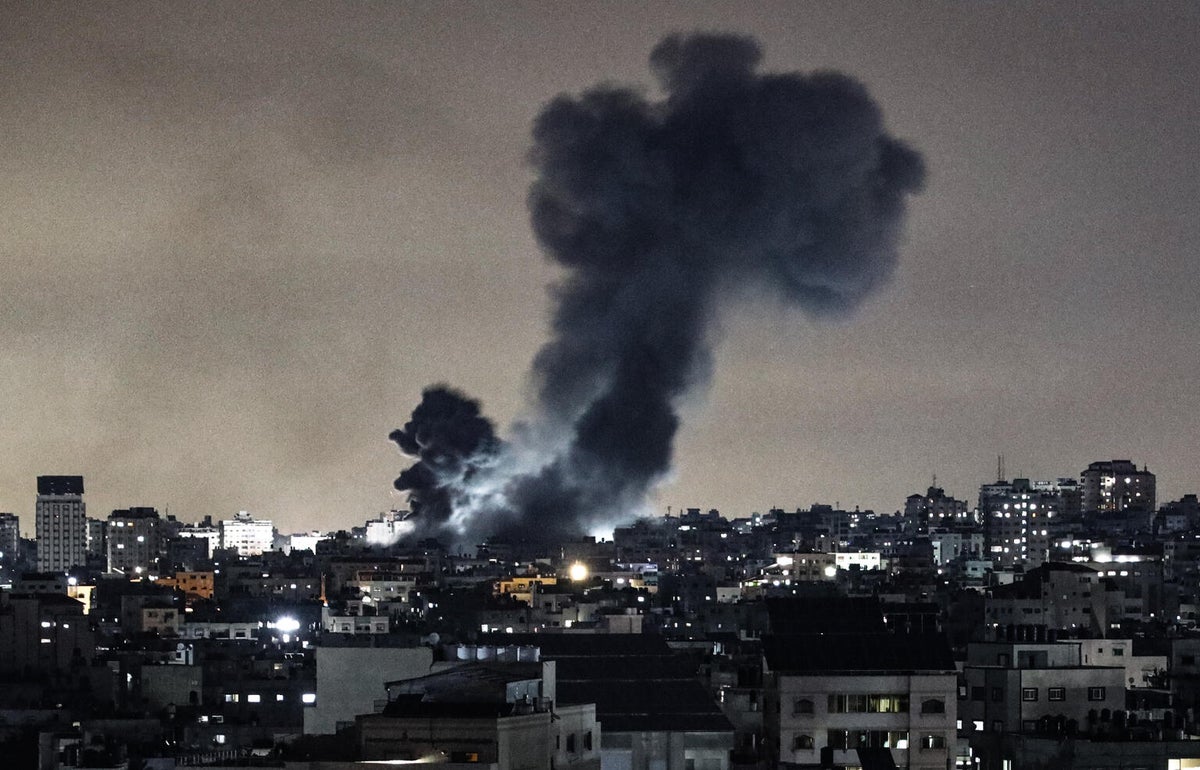
Voices from Gaza - Rawan
Multiple locations in Gaza City during bombardment at night. © UNICEF/UNI463109/El Baba
" The fact that we were not able to contact our family and to know if they are alive or not, and our family to know if we were alive or not. It was so scary. We were isolated from the world where nobody knows our existence. It felt like we were living in an unknown terrifying reality where our cries for help remained unheard."
Nesma, UNICEF
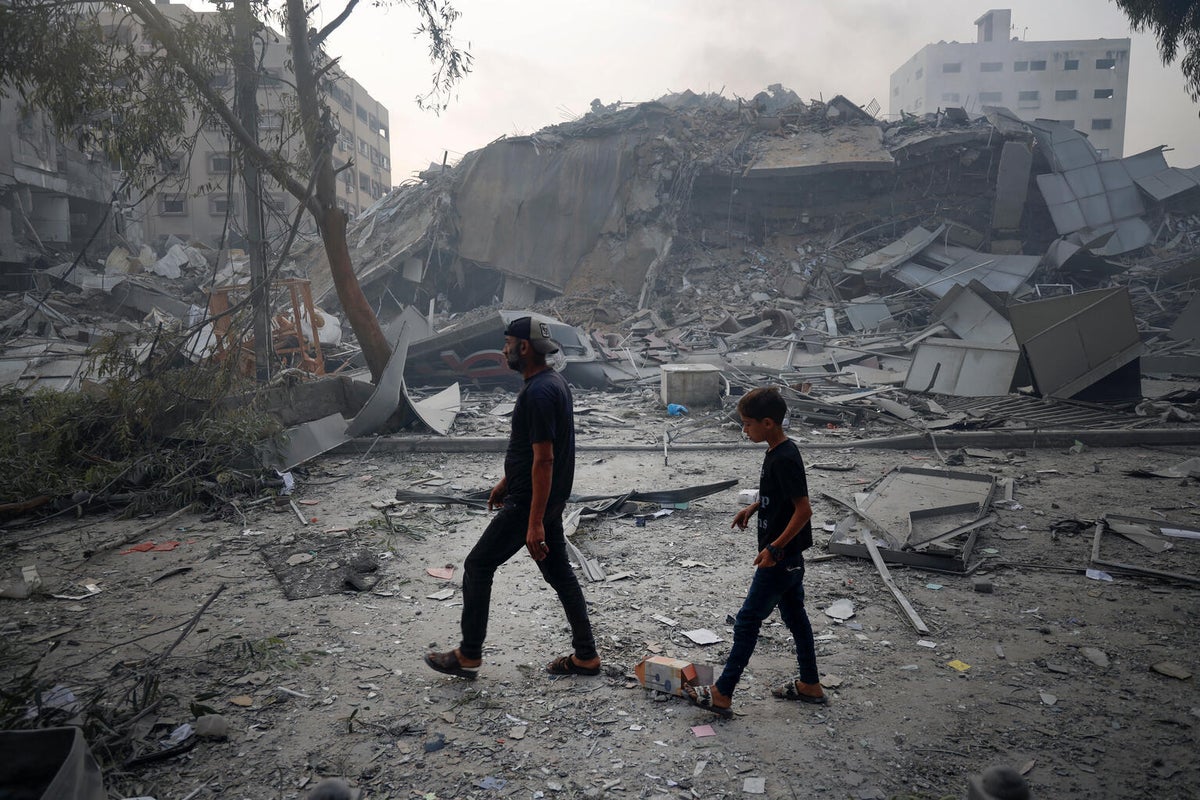
Voices from Gaza - Nesma
A child and his father as they pass through the rubble of buildings in Gaza city. © UNICEF/UNI448939/El Baba
"It's devastating to witness the children suffer and pay the cost while having no power, and no say to change the reality for them."
Reema, UNICEF
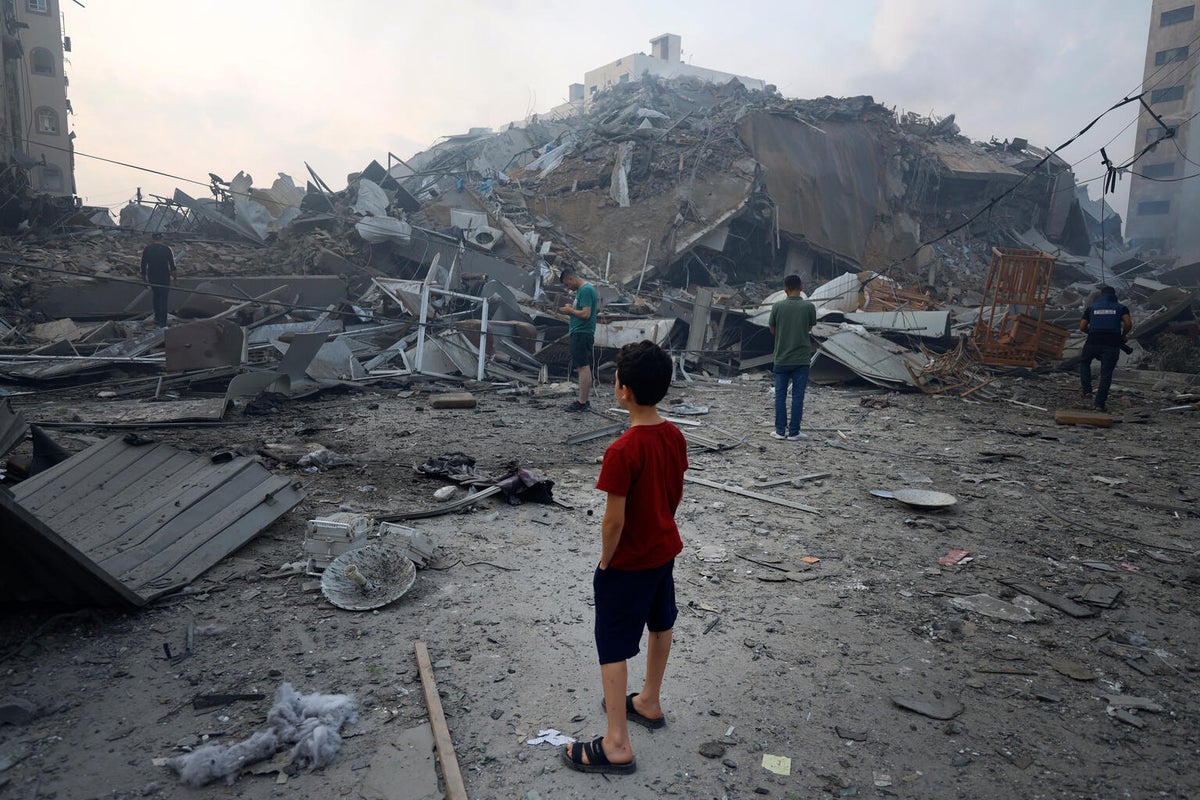
Voices from Gaza - Neema
Ameer, 9 years old, stands in front of building rubles in Gaza City. © UNICEF/UNI448938/El Baba
"We were isolated from everything, even the news. We were hearing, the bombardment everywhere without the ability to know where it is."
Always there before, during and after an emergency
UNICEF staff in Gaza like Nesma, Rawan and Reema are experiencing a horrific situation none of us could ever imagine, yet they continue to do what they can to help others. Our hearts are breaking for our UN colleagues and frontline workers across Gaza who have been killed while working tirelessly to keep families from harm.
To protect children and the people and services they rely on, UNICEF continues to call for an immediate ceasefire.
Wherever children are caught in emergencies, UNICEF works to uphold their fundamental rights to protection, health care and education. At our core is a commitment to ensure that every child, irrespective of background or circumstance, can grow up in peace and free from the shadow of violence.
Our teams in Gaza stand ready to scale up and to further support the humanitarian response needed. With your help, we can reach children and families in Gaza with the support they desperately need, only possible thanks to people like you.
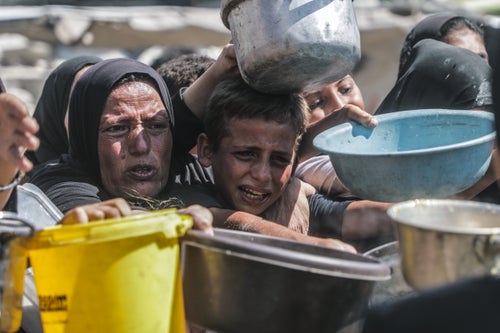
Children of Gaza Crisis
Amid unrelenting violence, children in Gaza are starving to death. Support UNICEF’s ongoing efforts. Donate today.
Please note that the information in this article was accurate at the time of publication. A ceasefire is important. But the only way children will finally be safe is for this war to end.
Photo Captions:
Mohammed, 8 years old, sits on the rubble of his family's house, which was bombed in an airstrike.
© UNICEF/UNI463720/El Baba
Amal, 7 years old, contemplates her neighbourhood after neighbouring homes were levelled to the ground.
© UNICEF/UNI448902/Ajjour
Related articles
Stay up-to-date on UNICEF's work in Australia and around the world



